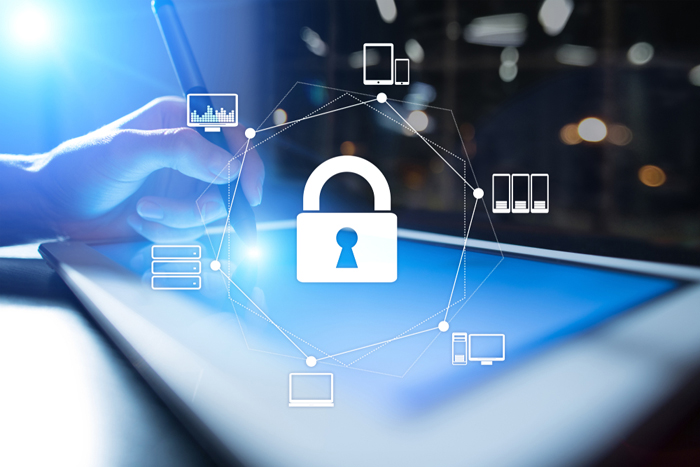Why is there a Need for Email Security ?
Electronic mail has become completely ingrained into the way our communities and companies communicate in the 21st century. In 2015, there was over 205 billion emails sent every day, and that figure is expected to rise by 5% within the next year. With email playing such an important role in our everyday society, it’s important to know what makes email so vulnerable to attacks, and why there is a need for email security for every company.
Advantages of using email :
- Cheap : Sending an email costs the same regardless of distance and the number of people you send it to.
- Fast : An email should reach its recipient in minutes, or at the most within a few hours.
- Convenient : Your message will be stored until the recipient is ready to read it, and you can easily send the same message to a large number of people.
- Permanent : You can keep a record of messages and replies, including details of when a message was received.
One of the main advantages of email is that you can quickly and easily send electronic files such as text documents, photos and data sheets to several contacts simultaneously by attaching the file to an email. Check with your internet service provider if there is a limit to the size of email attachment you can send. Some businesses may also limit the type and size of attachments that they are willing to receive.
You can gain further advantages and increase your efficiency by setting up your email software to :
- Automatically create entries in your address book for every message you send or receive
- Respond to incoming emails automatically, eg to confirm receipt of an order, or to let people know that you are on leave or out of the office
Disadvantages of using email :
Despite the host of benefits, there are certain weaknesses of email that you should be aware of, such as :
- Spam : Unsolicited email can overwhelm your email system unless you install a firewall and anti-spam software. Other internet and email security issues may arise, especially if you're using the cloud or remote access.
- Viruses : Easily spread through email attachments. See how to detect spam, malware and viruses.
- Sending emails by mistake : At a click of a button, an email can go to the wrong person accidentally, potentially leaking confidential data and sensitive business information. You should take care to minimise the likelihood of business data breach and theft.
- Data storage : Electronic storing space can become a problem, particularly where emails with large attachments are widely distributed.
Email security describes various techniques for keeping sensitive information in email communication and accounts secure against unauthorized access, loss, or compromise. Email is a popular medium for the spread of malware, spam, and phishing attacks, using deceptive messages to entice recipients to divulge sensitive information, open attachments or click on hyperlinks that install malware on the victim’s device. Email is also a common entry vector for attackers looking to gain a foothold in an enterprise network and breach valuable company data.
Due the popularity of email as an attack vector, it is critical that enterprises and individuals take measures to secure their email accounts against common attacks as well as attempts at unauthorized access to accounts or communications.
Best practices for email security include :
- Implement security best practices for BYOD if your company allows employees to access corporate email on personal devices.
- Ensure that webmail applications are able to secure logins and use encryption.
- Implement scanners and other tools to scan messages and block emails containing malware or other malicious files before they reach your end users.




